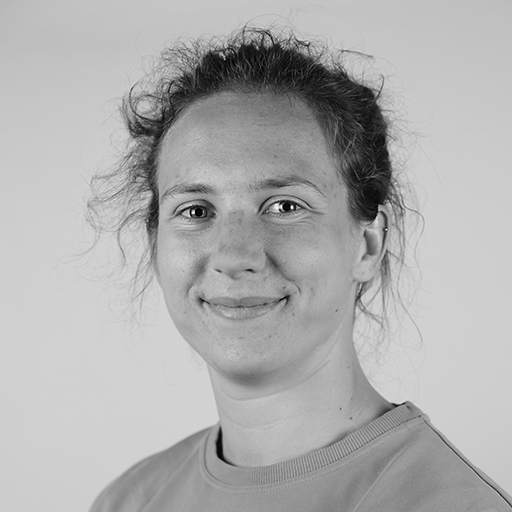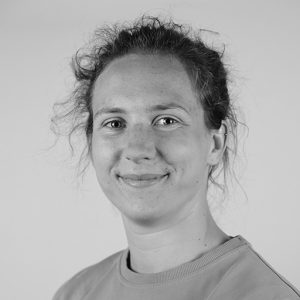Postdoctoral researchers
Postdoctoral Researchers
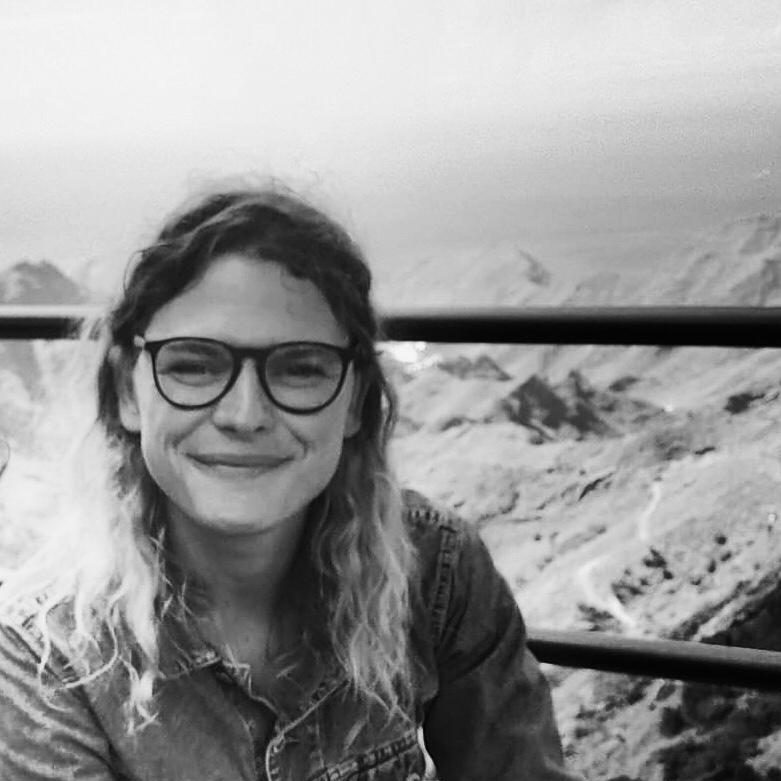
Dr. Kristyna Kolouchova
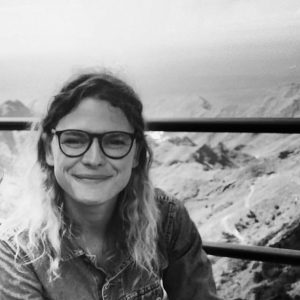 Biography: Kristyna obtained her master’s degree in Chemistry in 2016, at the University of Chemistry and Technology, Prague (Czechia). Her master thesis was focused on organometallic synthesis, in particular in Fisher Biscarbene Complexes. During her thesis, she became interested in macromolecular chemistry and biomaterials which led her to begin her Ph.D. studies at the Institute of Macromolecular Chemistry, Czech Academy of Sciences, joining the group of M. Hruby. During her Ph.D. research, she focused on the design and development of conceptually new polymeric tracers for fluorine-19 magnetic resonance imaging with therapeutic properties. She prepared several particle- and implant-based systems for combined therapeutic and diagnostic (theranostic) applications in medicine. Besides polymeric tracers, she also studied the properties of a variety of thermoresponsive and amphiphilic polymers, with a focus on their self-assembly behavior. During her Ph.D., Kristyna has co-authored 9 peer-review papers and participated in multiple international conferences. After obtaining her Ph.D. in 2020, she was granted an FWO junior postdoctoral fellowship, with a project promoted by prof. Van Vlierberghe combining her previous studies on fluorinated polymeric traces with hydrogels for applications in regenerative medicine.
Biography: Kristyna obtained her master’s degree in Chemistry in 2016, at the University of Chemistry and Technology, Prague (Czechia). Her master thesis was focused on organometallic synthesis, in particular in Fisher Biscarbene Complexes. During her thesis, she became interested in macromolecular chemistry and biomaterials which led her to begin her Ph.D. studies at the Institute of Macromolecular Chemistry, Czech Academy of Sciences, joining the group of M. Hruby. During her Ph.D. research, she focused on the design and development of conceptually new polymeric tracers for fluorine-19 magnetic resonance imaging with therapeutic properties. She prepared several particle- and implant-based systems for combined therapeutic and diagnostic (theranostic) applications in medicine. Besides polymeric tracers, she also studied the properties of a variety of thermoresponsive and amphiphilic polymers, with a focus on their self-assembly behavior. During her Ph.D., Kristyna has co-authored 9 peer-review papers and participated in multiple international conferences. After obtaining her Ph.D. in 2020, she was granted an FWO junior postdoctoral fellowship, with a project promoted by prof. Van Vlierberghe combining her previous studies on fluorinated polymeric traces with hydrogels for applications in regenerative medicine.
Current project: Thermoresponsive Poly[N-(2,2-difluorethylacrylamide)] 19F MRI Tracer-Based Materials as Potential Multipurpose Theranostics
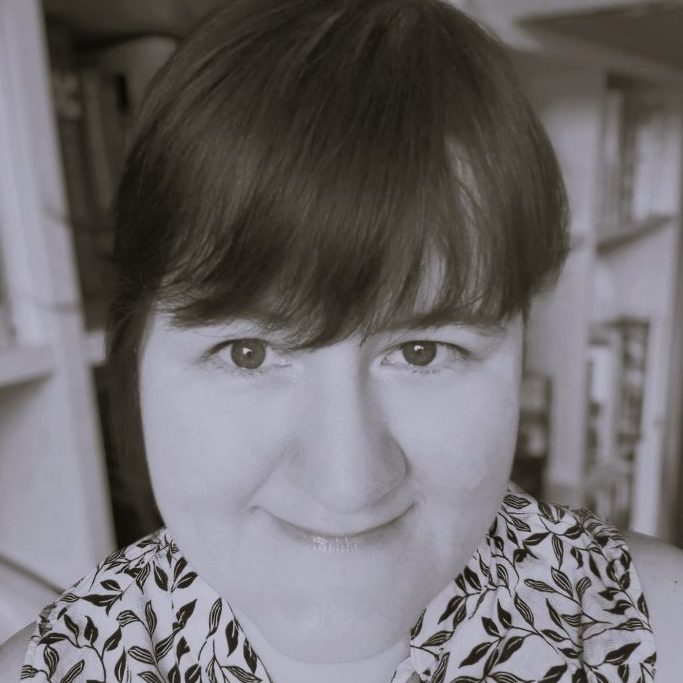
Dr. Ianina Pokholenko
 Biography: Ianina obtained her MSc in biology at the National University of “Kyiv-Mohyla Academy” (Ukraine). Afterwards, she started her research activities at the Institute of Molecular biology and Genetics of NAS of Ukraine, and presented a PhD dissertation in molecular genetics “Construction of model DNA vaccine and ways to enhance its immunogenic properties” (2022) at the Department of Cell Regulatory Mechanisms. Her current research interests lie in the area of the development of functionalized collagen scaffolds for MSC 3D culture, for in vivo delivery of recombinant proteins, like FGF-2 and etc., and the development of biomimetic 3D models for the in vitro studies of biofilm formation and for the development of new approaches to treat biofilm-related infections.
Biography: Ianina obtained her MSc in biology at the National University of “Kyiv-Mohyla Academy” (Ukraine). Afterwards, she started her research activities at the Institute of Molecular biology and Genetics of NAS of Ukraine, and presented a PhD dissertation in molecular genetics “Construction of model DNA vaccine and ways to enhance its immunogenic properties” (2022) at the Department of Cell Regulatory Mechanisms. Her current research interests lie in the area of the development of functionalized collagen scaffolds for MSC 3D culture, for in vivo delivery of recombinant proteins, like FGF-2 and etc., and the development of biomimetic 3D models for the in vitro studies of biofilm formation and for the development of new approaches to treat biofilm-related infections.

Dr. Hafez Jafari
 Biography: Hafez obtained his master’s degree in Polymer Engineering in 2018, at the University of Tehran (Iran). During his master’s, he worked in the field of bone tissue engineering focusing on the development of phospho-calcified cellulose nanowhisker for osteogenic differentiation of human mesenchymal stem cells. Afterward, he started a Ph.D. in the BioMatter group at the Université libre de Bruxelles. During his Ph.D., he focused on the design and development of three-dimensional anti-infectious hydrogels with adhesive properties for skin wound healing applications. After his Ph.D. in 2023, he obtained a BOF postdoctoral fellowship, titled ‘‘Injectable hydrogel with multimode therapy for wound healing application’’. His project aims to develop a novel nanozyme-based hydrogel for acute wound healing with multimode functions including photothermal therapy (PTT), adhesiveness, injectability, oxygen generation, conductivity, and anti-bacterial properties.
Biography: Hafez obtained his master’s degree in Polymer Engineering in 2018, at the University of Tehran (Iran). During his master’s, he worked in the field of bone tissue engineering focusing on the development of phospho-calcified cellulose nanowhisker for osteogenic differentiation of human mesenchymal stem cells. Afterward, he started a Ph.D. in the BioMatter group at the Université libre de Bruxelles. During his Ph.D., he focused on the design and development of three-dimensional anti-infectious hydrogels with adhesive properties for skin wound healing applications. After his Ph.D. in 2023, he obtained a BOF postdoctoral fellowship, titled ‘‘Injectable hydrogel with multimode therapy for wound healing application’’. His project aims to develop a novel nanozyme-based hydrogel for acute wound healing with multimode functions including photothermal therapy (PTT), adhesiveness, injectability, oxygen generation, conductivity, and anti-bacterial properties.
Current project: Injectable hydrogel with multimode therapy for wound healing application
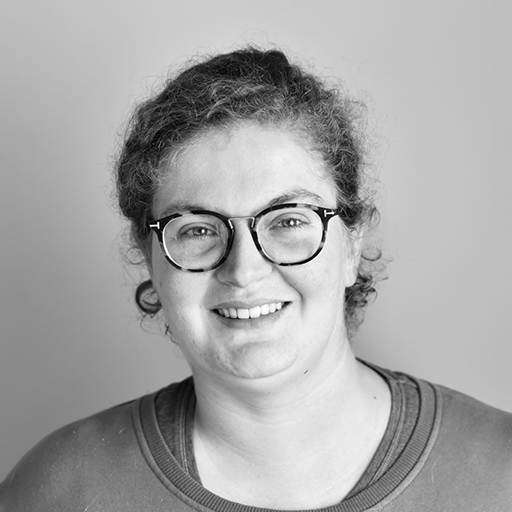
Dr. Manon Minsart
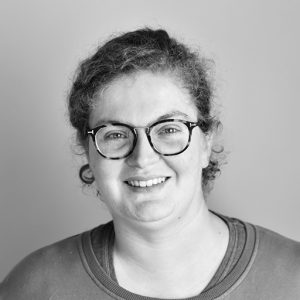 Biography: Manon graduated as a Master of Chemistry in July 2018. During her master thesis at the PBM group, she gained a strong interest for polymers and their plethora of biomedical applications, which have contributed immensely to improve human health. After her graduation, Manon was given the opportunity to stay and start a PhD in the PBM group. In December 2018, she obtained a FWO-SB fellowship titled ‘Development of a smart diagnostic antimicrobial hydrogel-based wound dressing’. Her project focuses on the development of a ‘smart’ burn wound dressing using patented PEG-based acrylate-endcapped urethane-based hydrogel precursors (AUPs), which are mainly processed through (co-axial) electrospinning.
Biography: Manon graduated as a Master of Chemistry in July 2018. During her master thesis at the PBM group, she gained a strong interest for polymers and their plethora of biomedical applications, which have contributed immensely to improve human health. After her graduation, Manon was given the opportunity to stay and start a PhD in the PBM group. In December 2018, she obtained a FWO-SB fellowship titled ‘Development of a smart diagnostic antimicrobial hydrogel-based wound dressing’. Her project focuses on the development of a ‘smart’ burn wound dressing using patented PEG-based acrylate-endcapped urethane-based hydrogel precursors (AUPs), which are mainly processed through (co-axial) electrospinning.
Current project: Development of a smart diagnostic antimicrobial hydrogel-based wound dressing
